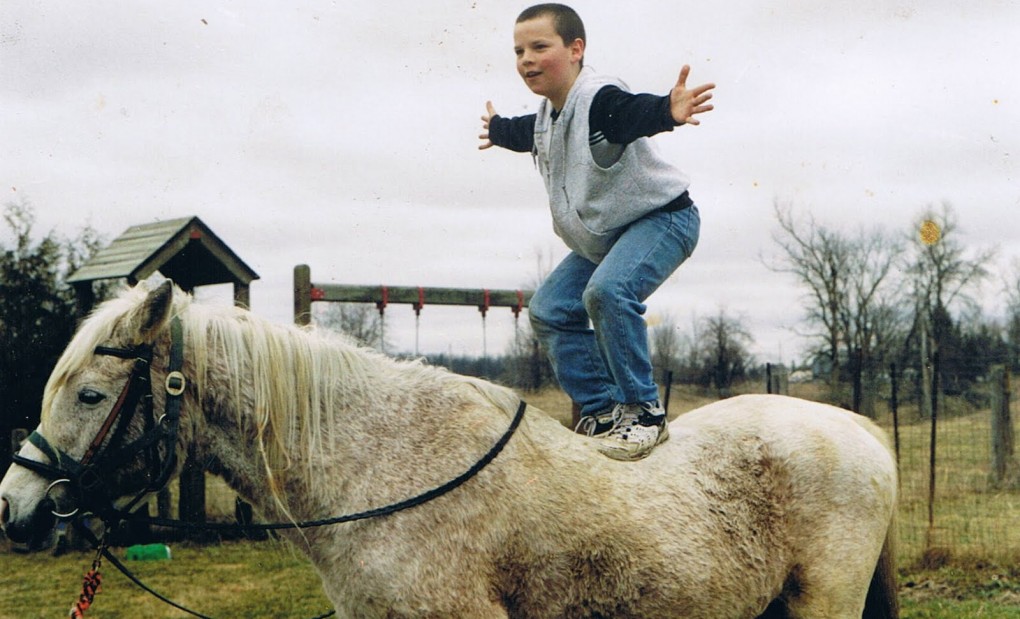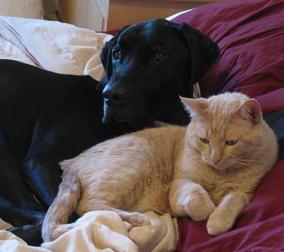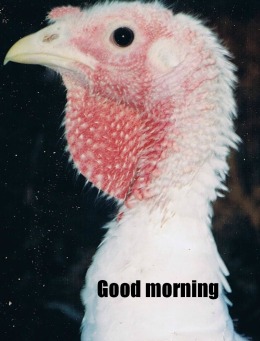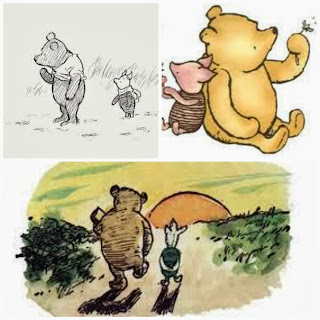After years of struggling against my basic intellectual wiring, I have finally accepted that there are large black holes in my brain that deal with technology and even simple mechanics. I am content to manage our large home, renovate, garden and landscape and write. I do not care one whit that the kids laugh in disbelief because I cannot figure out the T.V. or cell phone.
Case in point.
I am a woman who has done little travelling. After 12 hours of travelling across three-time zones, on three different airplanes, connecting with a shuttle service and making it to my parents condominium entrance without mishap, I could not get in. This was my first visit where my dad admitted that he cannot drive safely in the dark. The first time he did not usher me in, carrying my luggage. Although I remembered their condo number, I did not know the access code to connect with them and I do not own a cell phone. The intercom system kept telling me to scroll down to access the list of occupants but for the life of me, I could not figure it out. I could have cried in frustration because the complex seemed deserted.
Since I did not want to stand around looking like an idiot, I lugged my heavy suitcase, carry-on and purse as I trudged through gardens, rocked strewn areas till I finally came around to their patio at the back of the complex.Their railing was so high, I stumbled as I hauled my bags over it and I had to balance on a rock to reach high enough to swing my leg over. Then one leg became wedged between the railings. It is a miracle that I finally stood in front of their patio door and knocked.
The look on my 82-year old parents' faces was worth all that hassle. It was priceless. I laughed and laughed as my mum completely commiserated with my lack of techno-smarts and my dad patiently tried to explain the intricacies of scrolling down.





.jpg)



.jpg)
.jpg)

.jpg)



.jpg)















.jpg)
.jpg)


.jpg)
.jpg)
.jpg)
.jpg)
.jpg)




